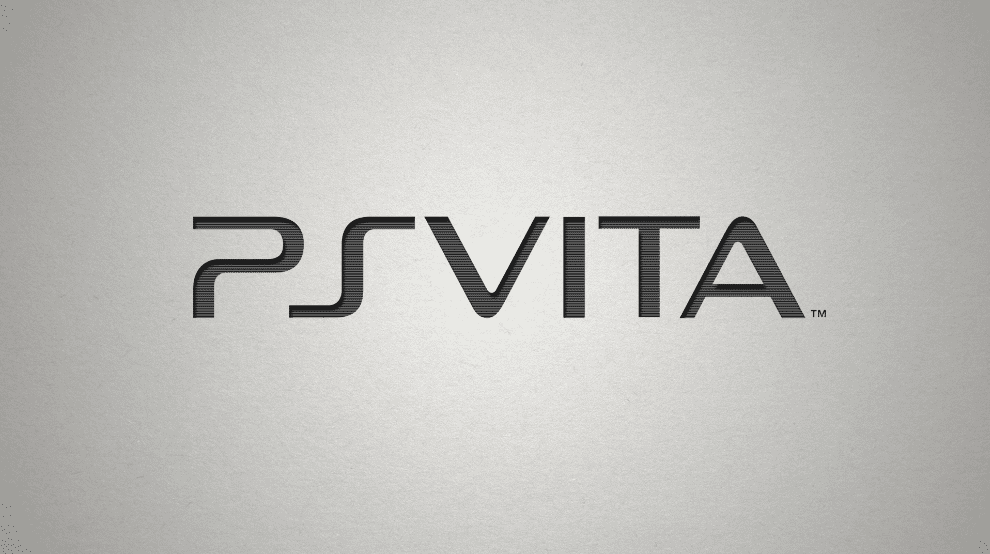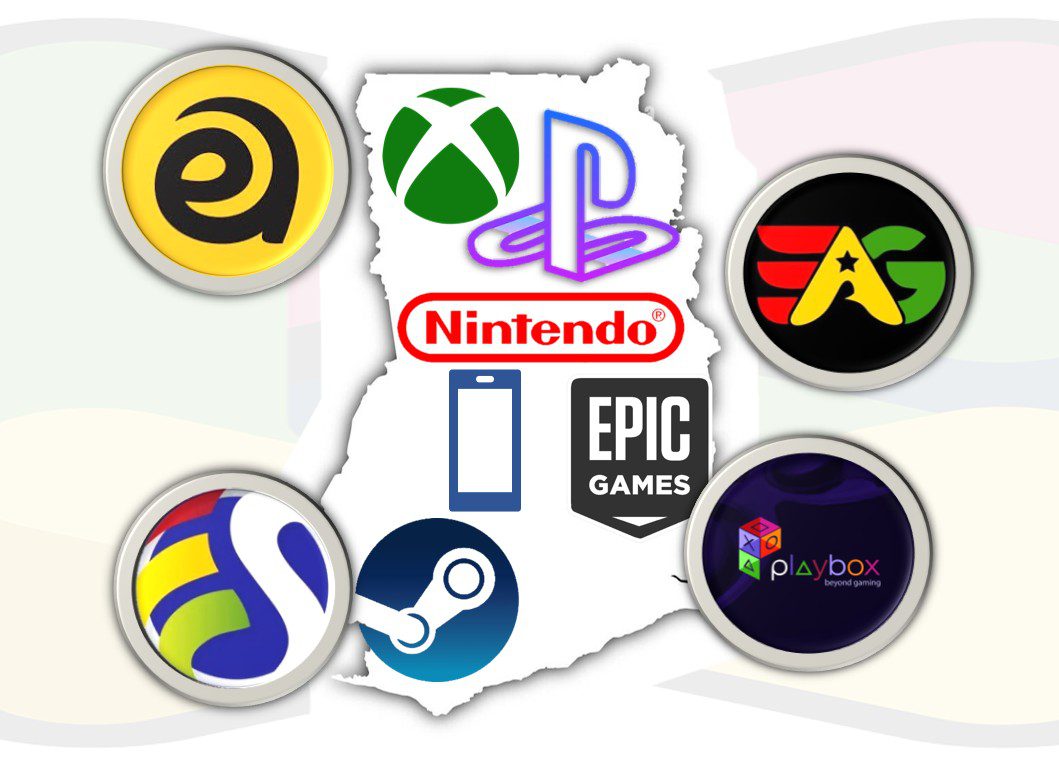Has the Live Service Gaming Genre bubble burst?

The gaming industry has seen a significant shift in recent years, with live service games becoming increasingly popular. Nearly every major publisher has invested in games that can be sustained with continuous updates, but this model has proven to be far from reliable. In this article, we will discuss why Ghanaian gamers should be concerned about this trend and highlight some of the direct impacts on the Ghanaian gaming community.
Live-service games have been made popular by pioneers like Fortnite, which has sustained its success for many years through the inclusion of continued updates, battle passes, and cosmetic micro-transactions. Other big names in the genre include Call of Duty, Warframe and Apex Legends, making it difficult for new IPs to break into the market. However, more developers are trying to make games as a service, even incorporating live-service elements into games that are better suited to the single-player genre.

Unfortunately, the recent trend in live-service gaming has not been without its failures. Some popular IPs, such as Marvel’s Avengers from Crystal Dynamics and Knockout City from EA, have been discontinued, which is just a small part of the broader failed live-service market. Other games like Battlefield Mobile, CrossfireX, Echo VR, and Rumbleverse have also failed to make a significant impact.

Even games with excellent core gameplay mechanics, such as Anthem and Halo Infinite, have suffered after transitioning to a live-service model. The focus on GaaS elements has led to the underutilization of these mechanics and has failed to meet player expectations. For example, Halo Infinite has not lived up to the promises of engaging content and split-screen co-op, despite having outstanding movement and gunplay.
Despite the setbacks, publishers are still determined to pursue the live-service model. Ubisoft has continued to try its luck with genres like free-to-play battle royale games, but with little success so far. Sony is also planning to become a significant player in the market, with several live-service games planned in the next three years, including existing IPs like The Last of Us and original games from developers like Haven Studios.

Gaming audiences have also taken notice of this recent trend. The recent leak of Suicide Squad: Kill The Justice League, including GaaS elements(GaaS is a way to monetize games after the start of their sale, by subscription, or by supporting a free distribution model.) like a Battle Pass, has raised concerns about the quality of the game, and gamers should be aware of this trend. As Ghanaian gamers, it’s important to be aware of the recent trend and the potential drawbacks of live-service games. With the discontinuation of several popular games, it’s crucial to approach these games with caution and make informed decisions to ensure the future of the global gaming industry in Ghana.

The reason for the shift towards live-service games is due to the increasing costs of game development and the need for developers and publishers to maximize profits from new releases. Live-service games are an obvious choice for many studios since cosmetic items can be a continued source of income in the long term. However, this model only works if it is done right and provides sustained player engagement, which recent years have shown is easier said than done.
The Ghanaian and African gaming industry can learn several lessons from the failing of the live-service genre.

The burden of providing fresh and engaging content for an extended period can be overwhelming for developers, leading to a lack of player engagement and the discontinuation of many games.
It’s crucial to understand that live-service elements should complement the core gameplay, not detract from it. Games with excellent core mechanics like Anthem and Halo Infinite have suffered after transitioning to a live-service model. The focus on GaaS elements led to the underutilization of these mechanics, which resulted in a failure to meet player expectations. Upcoming games in the Ghanaian and African gaming industry can learn from this and ensure that the live-service elements are complementary to the core gameplay, allowing the game to reach its full potential.
It’s also essential to consider the players’ needs and interests when developing live-service games. Many live-service games have failed to provide engaging content, leading to a lack of player engagement. The Ghanaian and African gaming industry should take the time to understand the needs and interests of the players and provide content that is meaningful and relevant to the players. This will help to sustain player engagement and prevent the discontinuation of live-service games.

In conclusion, live-service gaming has become a popular trend in the industry, with many publishers investing in games that can be sustained with continuous updates. However, this model has proven to be far from reliable, with various live-service games being discontinued. As Ghanaian gamers, it’s important to be aware of the recent trend and the potential drawbacks of live-service games and approach these games with caution and make informed decisions to ensure the future of the gaming industry in Ghana. The recent trend of live-service gaming and its potential drawbacks should be of concern to all gamers, especially to the Ghanaian gaming community.
What are your thoughts on the live-service gaming genre? Do you believe it’s a sustainable model for the gaming industry, or do you think it’s time for a change? We would love to hear your thoughts and opinions in the comments below:




